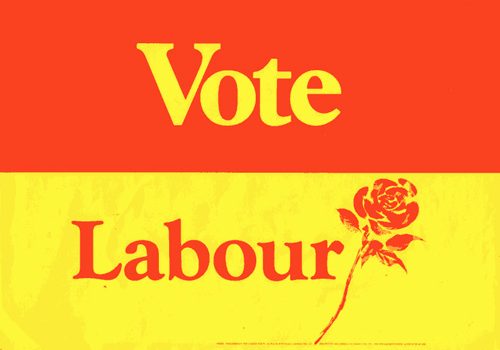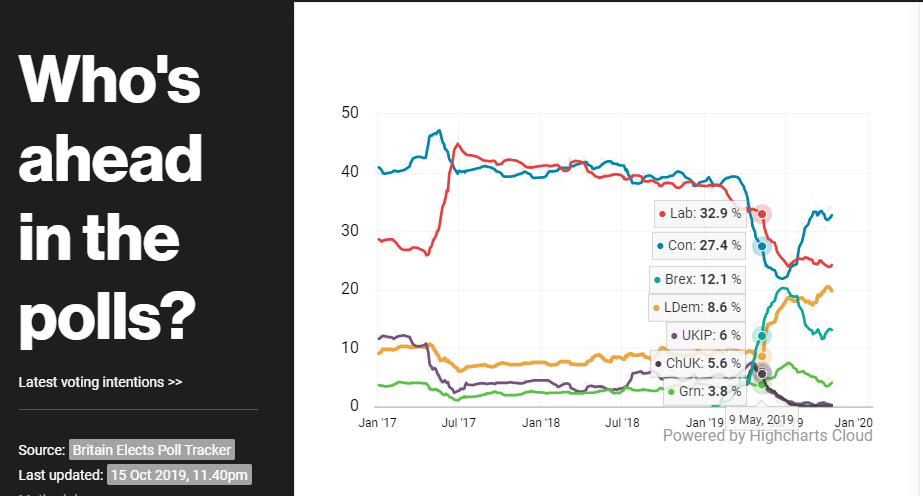Google are going to move their UK users data from Ireland to the USA. I wrote a little note on my linkedin blog. I headline it as
Google are moving UK data from Ireland to the US … what does this say about UK/EU/US dataflows and ompliance with the GDPR and the world’s data protection laws.
I also point out the need for robust legal redress to comply with the GDPR, which the UK and USA may not meet and that the UK will lose access to the US Privacy Shield arrangements. I note that the UK will lose its member state privileges and powers under the GDPR when the transition period ends and that RIPA 2016 and the immigration exception of the DPA 2018 may cause the Commission some problems with respect to “Adequacy”.
I note that model clauses and binding corporate rules will remain in place and I wonder if this is a business opportunity for a European based phone operating system author as people choose to withdraw from Android? Nokia? Canonical? …








